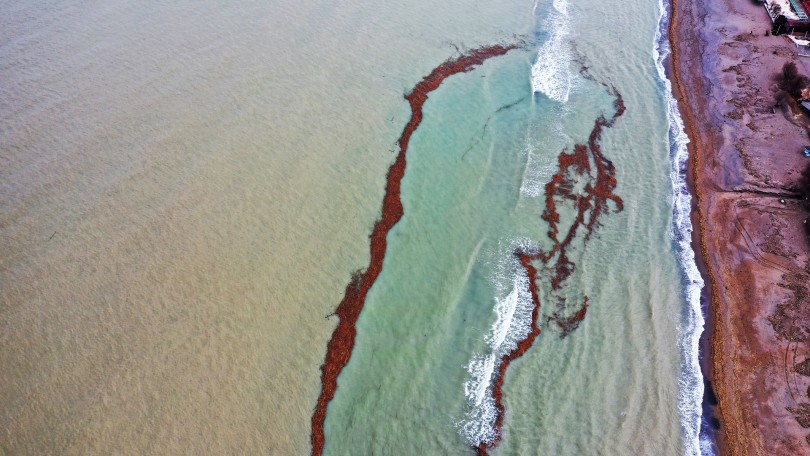Why Is the Gulf Attracting Climate Tech Businesses?
28 Jun 24
Enviro ChatThe Global News Source for the World of Science and Chemicals
17 August 2020
Lab Chat
A prominent government official has called for the UAE to do more to catch and penalise those responsible for illegally discharging oil waste into the waters surrounding the country. Adnan Al Hammadi, who is the Sharjah representative of the Federal National Council (FNC), has asked for guilty parties to be more harshly penalised in future.
Although dumping oil is outlawed in the Emirates in no uncertain terms, many tankers take advantage of the grey areas in international waters legislation to clean their tanks out and get rid of waste. That waste then causes untold damage to the flora and fauna living beneath the waves, as well as washing up on the shoreline and damaging the pristine beauty of Emirati beaches.
The UAE’s Federal Law No 24 makes it very clear that all marine vessels are strictly prohibited from disposing of oil into the surrounding environment. However, an estimated 20,000 vessels pass through the Arabian Gulf each year, carrying around 40% of the world’s total oil. Since many incidents take place away from the coastline and outside national jurisdictions, it’s difficult to catch those responsible.
Regardless of where the spill takes place, it invariably wreaks havoc on the surrounding ecosystem. As well as contaminating the water, it poisons the animals which call it home and interferes with the equilibrium of salinity in the Gulf, affecting marine flora. Coral reefs can become devastated, while fishery and tourism industries are also adversely affected.
There are an average of five documented oil spills per year, according to those monitoring the situation. Not all of them are deliberate transgressions of the law – the devastating collision of two tankers in 1994, which saw 16,000 tonnes of oil leach into the Gulf being a prime case in point – but many are.
Unfortunately, it’s not a problem that is confined to the Middle East. Just last month, an oil spill in Moscow triggered a thousandfold increase in water pollution, causing concerns that the nearby Khimki Reservoir may have become contaminated. The Reservoir provides drinking water for some 12 million people who live in the Russian capital. Enhanced enforcement needed
Mr Al Hammadi has called for greater monitoring capabilities in and around the waters off the Emirati coastline, arguing that it’s the only way those responsible can be brought to justice. In addition to paying the costs of reparations to the marine environment and coastal areas affected by an oil spill, the guilty party is also required to compensate injured parties for any loss of income or costs incurred.
However, Hamdah Al Aslai, chief of Marine Life at the government’s Ministry of Climate Change and the Environment, says measures are already in place. “The Ministry, along with local and regional partners, is regularly monitoring marine and coastal areas using AI, remote sensors, and predictive modelling programmes,” she said. “We also work relentlessly to implement coastal habitat rehabilitation programmes, including the cultivation of coral reefs and installation of artificial caves, to help reverse the damage caused by the incidents.”
DOWNLOAD PDF

2 Day Seminar Program
@ ArabLab+ 2024
24 & 25 September 2024
Your stay in Dubai
Labkit
Product News
Chemkit
Product News
Thinking about exhibiting at ARABLAB 2024? Watch our video to find out more.
Join the world’s leading organisations…
Join our mailing list and receive the ARABLAB newsletter and event updates.